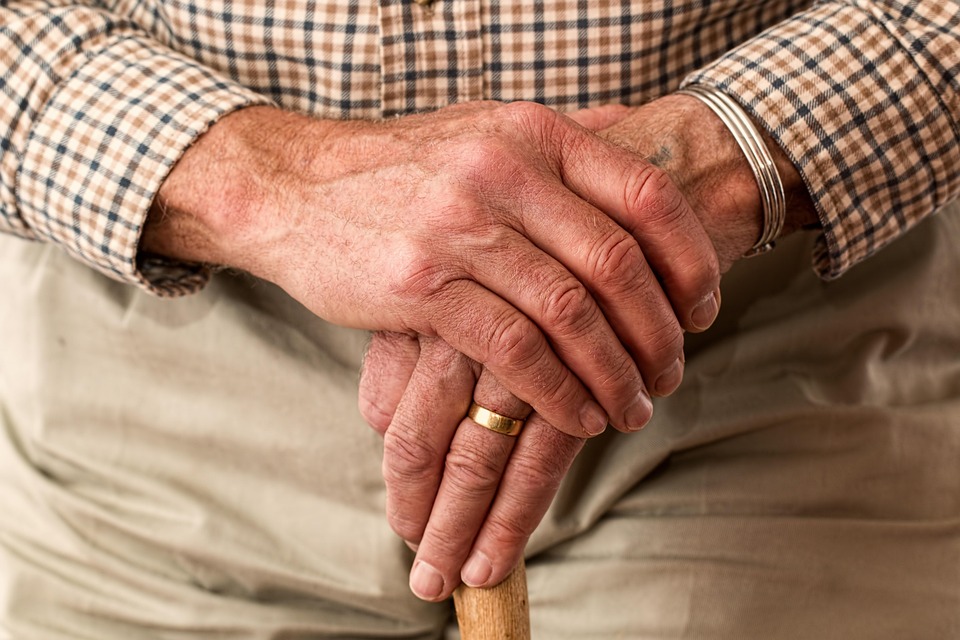Your aging bladder doesn’t have to dictate your life. Strengthening your aging bladder is not only possible, but it’s also essential for enjoying a vibrant, active lifestyle. As we age, our bodies undergo changes that can affect everything from our skin to our muscles—especially our bladder. Understanding these changes and taking proactive steps can empower you to regain control and boost your confidence.
Contents
What You Need to Know About Your Aging Bladder
As you grow older, your bladder may not function as efficiently as it once did. This can lead to discomfort, frequent trips to the bathroom, and even incontinence. But let’s get this straight: Just because it’s common doesn’t mean it’s normal. You deserve to feel secure and comfortable in your body, and knowledge is your best ally.
Why does this matter? A strong bladder is crucial for your overall well-being. It affects your social life, your mobility, and even your emotional health. When you can manage your bladder effectively, you can focus on the things that truly matter: spending time with loved ones, pursuing hobbies, and enjoying life to the fullest.
Let’s dive into seven powerful secrets that can help you strengthen your aging bladder today.
1. Stay Hydrated, but Mindful
Hydration is vital. However, being mindful of your fluid intake can make a world of difference. Aim for six to eight glasses of water daily, but listen to your body.
- Tip: Avoid caffeine and alcohol, as they can irritate the bladder.
- Switch to herbal teas or flavored water to stay hydrated without the added irritation.
2. Kegel Exercises: Your Secret Weapon
Kegel exercises are often overlooked but are incredibly effective for strengthening your pelvic floor muscles. These muscles support your bladder and help control urination.
- How to do Kegels:
- Identify your pelvic floor muscles (the ones you use to stop urination).
- Squeeze these muscles for 5 seconds and then relax for 5 seconds.
- Aim for three sets of 10 repetitions each day.
Why it works: Regular Kegel exercises can significantly improve your bladder control and reduce incontinence, allowing you to feel more secure and confident.
3. Maintain a Healthy Weight
Excess weight puts pressure on your bladder, leading to increased urgency and frequency of urination.
- What to do: Focus on a balanced diet rich in fruits, vegetables, and lean proteins, paired with regular exercise.
- Consider: Incorporating strength training to build muscle and boost metabolism.
Losing even a small amount of weight can relieve pressure on your bladder and improve your overall quality of life.
4. Limit Bladder Irritants
Certain foods and beverages can irritate your bladder. Identifying and limiting these irritants can have a profound impact on your bladder health.
- Common irritants include:
- Caffeine
- Alcohol
- Spicy foods
- Artificial sweeteners
Keep a food diary to track what you eat and how it affects your bladder. This will empower you to make informed choices.
5. Practice Bladder Training
Bladder training is a technique that can help you regain control over your bladder. The goal is to gradually increase the time between bathroom visits.
- Here’s how to start:
- Keep a schedule of bathroom breaks, gradually extending the time between them.
- When you feel the urge, try to wait a few minutes longer before going.
- Over time, you’ll train your bladder to hold more.
This method can help you reduce the frequency of bathroom trips and boost your confidence in social situations.
6. Consult a Specialist
Don’t hesitate to reach out to a healthcare provider if you’re struggling with bladder issues. They can help identify underlying problems and create a tailored plan for you.
- Consider: A urologist or a pelvic floor physical therapist can offer specialized advice and techniques.
- Why it matters: Professional guidance can provide you with the strategies and support you need for effective bladder management.
7. Embrace Stress Management Techniques
Stress can exacerbate bladder problems. Finding effective ways to manage stress can have a positive impact on your overall bladder health.
- Explore: Yoga, meditation, and deep-breathing exercises.
- Engage in activities that bring you joy, whether that’s spending time with loved ones or immersing yourself in a favorite hobby.
Taking control of your stress levels can translate to better bladder function and improved quality of life.
Bottom Line
Strengthening your aging bladder may seem daunting, but these seven secrets offer practical, effective strategies to help you regain control. From hydration and Kegel exercises to professional consultations, every step you take contributes to a healthier, more confident you.
Remember: You’re not alone in this journey. Many women face similar challenges, and the good news is that you have the power to make positive changes. So, embrace these secrets and start taking steps toward a stronger bladder today!
Frequently Asked Questions
1. How long will it take to see results from Kegel exercises?
Most women notice improvements within a few weeks of consistent practice.
2. Are there any medications that can help with bladder issues?
Yes, consult your doctor for options that may be suitable for your specific needs.
3. When should I see a doctor about bladder problems?
If you experience persistent issues such as pain or severe incontinence, it’s important to consult a healthcare professional.
Your aging bladder doesn’t have to hold you back. You have the tools to strengthen it and reclaim your life. Take action today!
Get Your FREE Natural Health Guide!
Subscribe now and receive our exclusive ebook packed with natural health tips, practical wellness advice, and easy lifestyle changes, delivered straight to your inbox.






